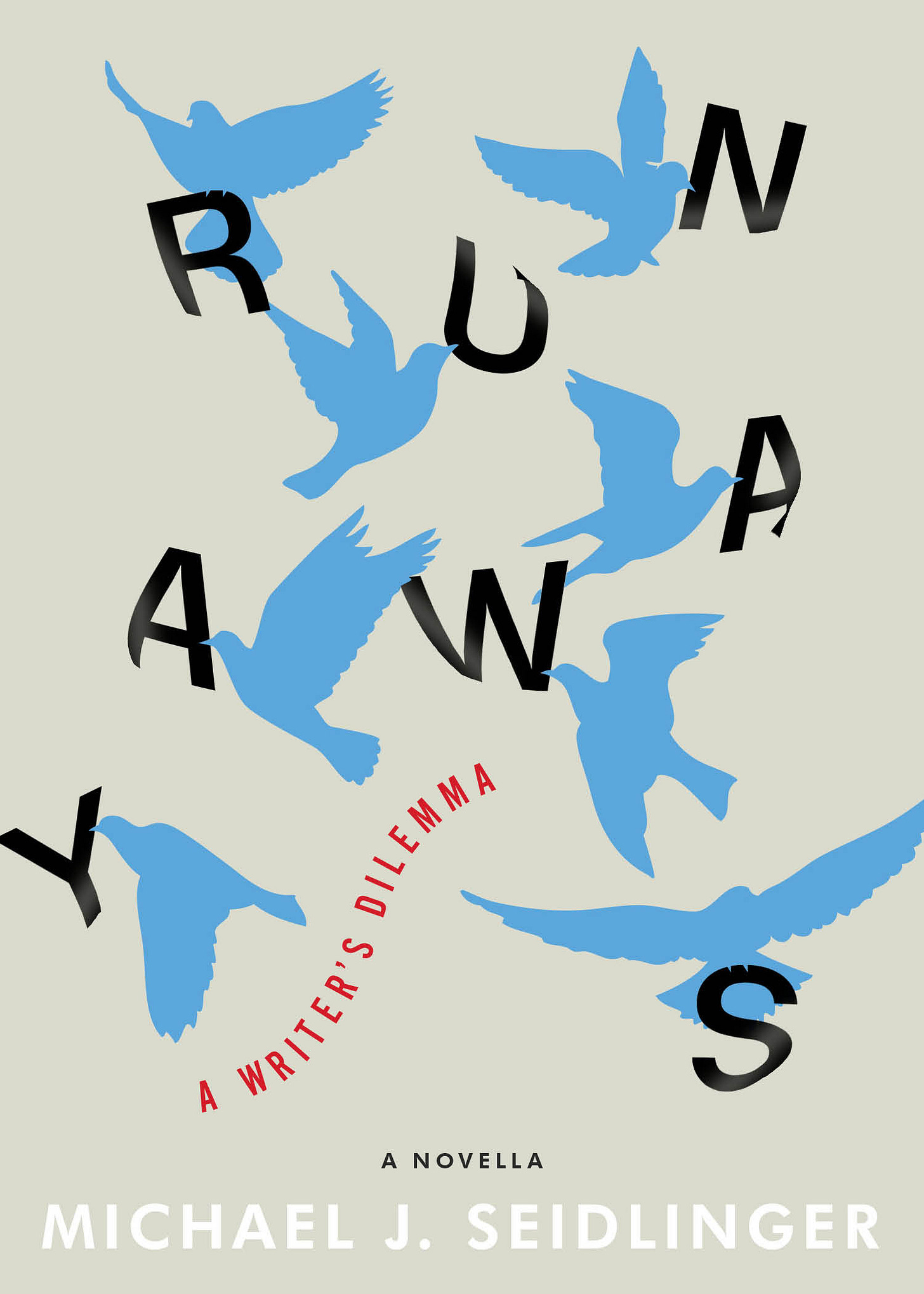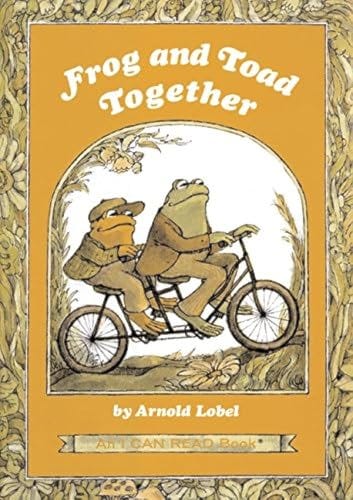On hype and having the flu
I have watched Frozen four times in four days and I am completely OK with it
Over the last week and a half, I’ve been through the brutal up and down of the flu: fever, chills, shaking, wanting to completely disappear, then having the two other people in my household plummet into the depths of being sick just as I started to slightly bloom out of it. We’ve been living and breathing Frozen and Frog and Toad, as told by Arnold Lobel himself through the tiny holes of our kiddo’s Yoto player. It has become clear that narrative is pretty much the way to get through this.
Every sickness also comes for me with a feeling of re-evaluating my entire life. Blame me for catastrophizing, fine—but it’s hard to be in so much pain and not wonder, “How in the hell can I get out of this?” Specifically, what that looked like for me this time was asking, “Why do I put so much pressure on myself to do a good job? Why is my life filled to the brim with work, so that when I’m sick the whole thing is compounded by the feeling that I’m not doing all the stuff I should do?”
Michael J. Seidlinger’s novella Runaways: A Writer’s Dilemma helped bring all of these anxieties into relief. Told from the era of literary Twitter, Seidlinger’s book tells the story of a writer who becomes so consumed with their social media presence that they essentially can’t function as a writer anymore. Their brain is re-wired for the short-term validation of likes and re-tweets. The toxicity is almost unbearable to read, which is why the book is good. Reading it, I realized how wired my own brain has become for the ongoing, ever-evolving but still-fundamentally-destructive virtual hamster wheels of “sharing,” likes, and platform.

The novella hit home in part because I’ve been diving into promotional stuff more heavily than ever before over the last month or two. How to Submit comes out February 25, and I’m doing my best to get the word out to as many people as possible. I even hired a freelance publicist to help with the effort, which means I have the good fortune of getting to do a lot of interviews and write things like guest articles and posts. This is all good for the book and good for me, but the sicker I got, the more I found myself resenting everything I was doing.
I started to think about famous hermit J.D. Salinger. I started to understand, for the first time, why he completely disappeared after The Catcher in the Rye.
That feeling reminded me of the story “The Dream” from Frog and Toad Together, the second book in Arnold Lobel’s series. A totally mystifying tale that’s entirely without non-dream context, “The Dream” follows Toad as he dreams of being a performer on stage. A loud voice declares that Toad is “THE GREATEST TOAD IN ALL THE WORLD.” Toad plays the piano perfectly. He walks on the high wire to great acclaim. He dances beautifully. He brags to his friend Frog about all of this and asks Frog if he can do this kind of thing. But with each performance, his friend Frog grows farther and farther away. The better Toad gets—the more he hypes himself to the exclusion of all else—the more distant his friend becomes.
Finally Toad grows tired of the voice that keeps declaring him “THE GREATEST TOAD.” “Shut up!” he shouts at it. He yells for Frog to come back. “I will be lonely!” he cries.

I was starting to get a similar feeling to Toad, as my flu-ridden brain calculated the numbers around my social media performance, my Substack followers, and how many people were going to care about my book: the more I focused on myself and my performance, the farther away I felt from everyone I was actually trying to connect with. In the depths of my sickness, fogged out and deeply pessimistic, I felt overwhelmed by my constant focus on productivity, productivity, productivity. I wanted comfort. I wanted a sense of home. I wanted to avoid the feeling that I needed to do something in order to be valuable, in order to make my contribution. Instead I wanted to be connected with people already. I didn’t want to have to earn it.
So there I was, feeling terrible, trying to take care of two other people who felt even more terrible than I did, unable to do the work that I thought gave my life meaning, and not even wanting to do that work at all. My solution, at times like these, is often to take the few free moments I have and watch a barely thought-out but visually spectacular action comedy on Netflix.
So that’s what I did. Back in Action was pretty good at first: Jamie Foxx and Cameron Diaz escape a plane that gets destroyed into a wingless, burning sled ripping through the snowy mountains before it hurls off a cliff. But then even the movie started to make me feel depressed. Plot holes and leaps of logic started to take the pleasure out of the movie. The promises it made, narratively, weren’t just unfulfilled but fully circumnavigated. The move started to suck, and I started to feel bad about that.
Until I stumbled upon this review, written in the wake of David Lynch’s death. Here’s how the writer, Matt Mahler, starts:
I'm ashamed to admit that this review was originally mean-spirited, an attempted dexterous put-down, but then David Lynch died today. He has nothing to do with Back in Action, and it's only a matter of cosmic happenstance that the two would be mentioned in the same paragraph, let alone one train of thought. I loved Lynch's work. I also loved Roger Ebert's work as a film critic. He did not like most of Lynch's films before The Straight Story, and yet, with his particular generosity of spirit and ability to give people the intellectual benefit of doubt, he was never mean about it. He wrote in his review of Wild at Heart:
"There is something inside of me that resists the films of David Lynch. I am aware of it, I admit to it, but I cannot think my way around it. I sit and watch his films and am aware of his energy, his visual flair, his flashes of wit. But as the movie rolls along, something grows inside of me – an indignation, an unwillingness, a resistance."
Taking a cue from that kindness, I have my own particular resistance to mainstream action and comedy movies, and Back in Action rubbed me the wrong way. And yet it's kind of a miracle, considering everything it was up against.
Mahler goes on to write about the movie channeling that generous feeling, instead of sticking with his original mean-spirited one.
Somehow, at the tail end of my own deepest immersion in the flu, Mahler’s article did something to me. Its generosity helped me understand that the hype I’d been putting toward my own work actually was hype so far: It was coming from a desire to do numbers. Even more fundamentally, it was coming from a spirit of worry and fear. It felt sticky, almost tinny. I didn’t want to do it if it made me feel so bad.
But the thing was, I could actually get behind my book in a way that wouldn’t destroy me. I could sidestep the toxic consciousness of systems like social media and the constant capitalist hunger for content. Amid structures that encourage us to treat interactions with other people instrumentally, I could choose to connect. Authenticity and weirdness, realness at all costs: these are the things I can stand for.
In other words, all of this is going to be basically miserable if we don’t love the hell out of the actual people we’re interacting with on a daily basis.
That’s what I’m coming out of the flu with, as my cough finally begins to die down: the reassurance that it is actually possible to be authentic, even amid a social media landscape/corporate-run infrastructure/oppressive governmental mood that is constantly telling you to be something other than yourself.
Authenticity sloughs off hype like an old coat. Paying attention to people, not power, circulates energy instead of hoarding it. And being generous toward people and their acts of creation is where the magic is, whether you’re reading a classic like Frog and Toad or watching a mediocre movie like Back in Action. When we’re sick—when our systems are sick—that magic is what we’ve got.






"I felt overwhelmed by my constant focus on productivity, productivity, productivity. I wanted comfort. I wanted a sense of home. I wanted to avoid the feeling that I needed to do something in order to be valuable, in order to make my contribution. Instead I wanted to be connected with people already. I didn’t want to have to earn it."
I really feel this! Thanks for putting it into words, Dennis.